Integrated Water Management and Development Project
The development objective of the Integrated Water Management and Development Project for Uganda is to improve access to water supply and sanitation services, integrated water resources management, and operational performance of water and sanitation service providers in Project areas. It has four project component. First component, water supply and sanitation in small towns and rural growth centers and support to districts hosting refugees will support activities to improve WSS in selected small towns and RGCs in the Recipient’s territory.


